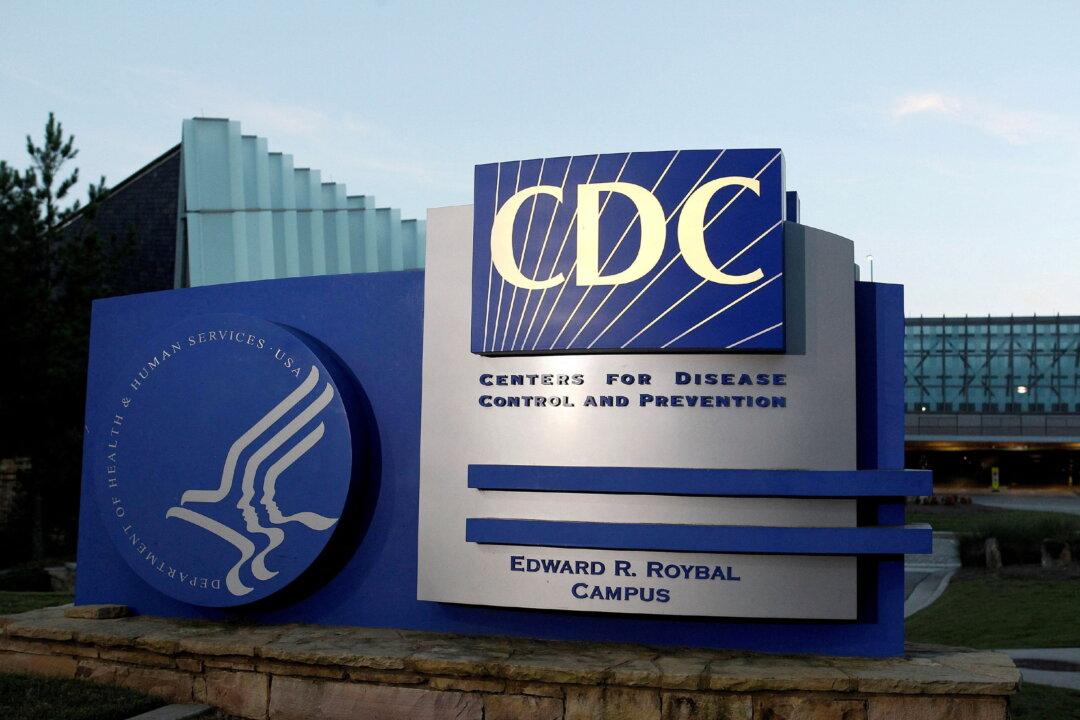A PR firm that represents big pharma companies like Pfizer and Moderna has been revealed to staff certain divisions in the Centers for Disease Control and Prevention (CDC) during the pandemic, sparking questions regarding potential conflicts of interest.
Based in New York, Weber Shandwick is reportedly the second-largest PR firm in the world with revenues of over $830 million and around 4,700 employees worldwide. It has employees working inside the CDC’s National Center for Immunization and Respiratory Diseases (NCIRD)—the section of the agency that implements vaccine programs and oversees the Advisory Committee on Immunization Practices (ACIP), according to an exposé newsletter by investigative journalist Paul D. Thacker.





